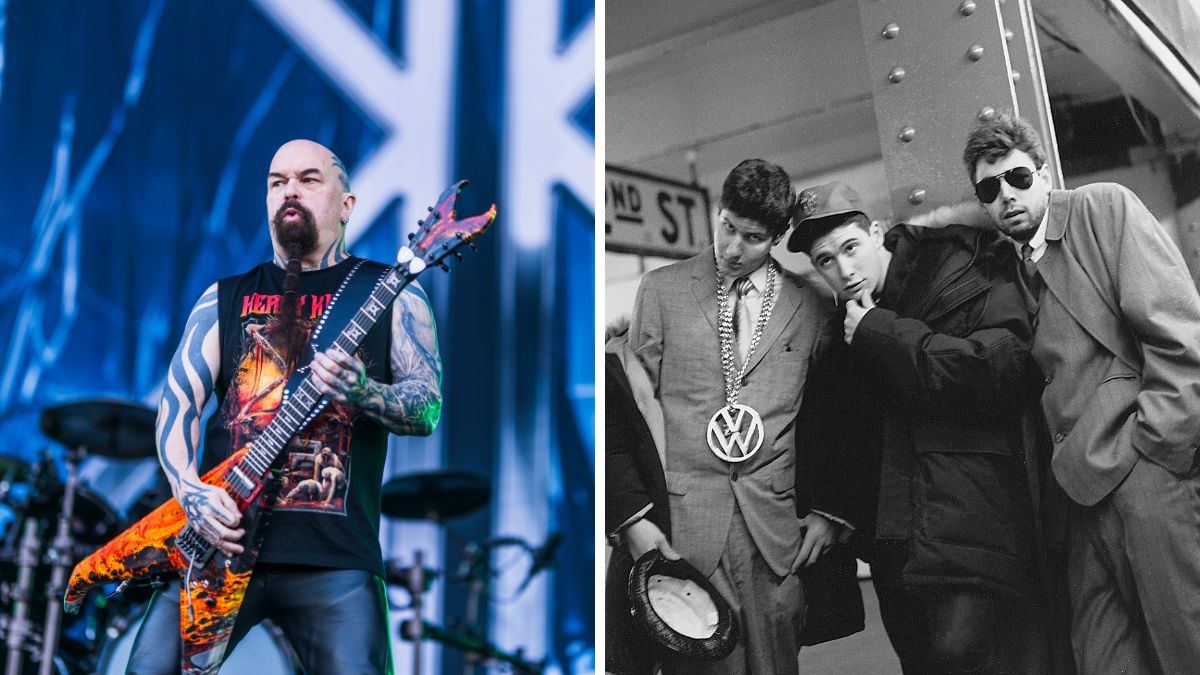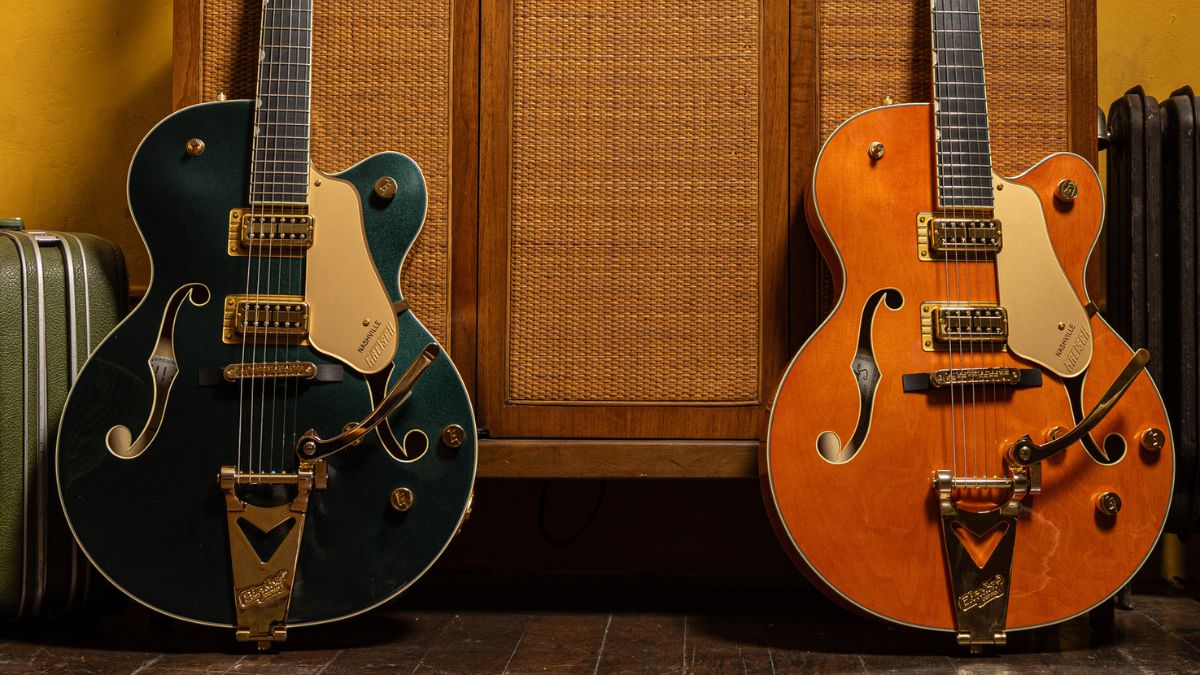“I wish I didn’t get paid. I wish I took a quarter point or something, ‘cause now I would be a rich man”: Slayer’s Kerry King on what he regrets about his solo on the Beastie Boys’ No Sleep Till Brooklyn
King reveals how he ended up playing on the Beastie Boys and Sum 41's records

Slayer's Kerry King has recently revealed he wishes he had asked for a share of the profits for his guitar solo on Beastie Boys' No Sleep Till Brooklyn.
King took a one-off payment for his performance on what would become one of the Beastie Boys' hit singles. Now, looking back on that collaboration, King feels he should have asked for royalties on that pivotal track.
“The simplicity of it is what's funny about it. We [referring to Slayer] were doing what became the Reign In Blood album and the [Beastie Boys] were doing Licensed To Ill in the same studio, like down the hall from each other,” recalls King in an interview with Border City Rock Talk.
“And Rick Rubin [famed producer] was doing both projects. So they needed a lead on that particular song, No Sleep Till Brooklyn. So I thought about it, and I went, ‘Yeah, why not? I can use a couple hundred bucks.’
“I certainly wasn't well to do back then. So, that's what I did. I went in there and I did it. And in hindsight, I wish I didn't get paid. I wish I took a quarter point or something, 'cause now I would be a rich man.”
Licensed To Ill was the Beastie Boys' debut album. Released in 1986, it sold more than 10 million copies in the US alone. In 2015, it was certified Diamond by the Recording Industry Association of America. It's consistently ranked by critics as one of the greatest hip-hop and debut albums of all time.
While King has had no shortage of success himself, having songwriting credits on a huge and enduring hit like No Sleep Till Brooklyn would no doubt still have made a significant difference to his bank account.
All the latest guitar news, interviews, lessons, reviews, deals and more, direct to your inbox!
In addition to the Beastie Boys track, King also played on Sum 41's What We’re All About. The 2002 single also happened to be the soundtrack of Spider-Man, released in the same year.
“A friend of mine at the label came to me at an angle that I just couldn’t argue with,” the Slayer guitarist recalls in an interview with Metal Hammer.
“He was like, ‘Well, you know you played on the Beastie Boys record.’ Fuck! Haha, he’s got a point! That was my epiphany. That was before we put ourselves back on the map – those dudes were fun and they were popping.
“So, yeah, I played on the Beastie Boys record and I played on the Sum 41 record. I mean, those weren’t choices for me, those were just career choices I made. Some people may agree with them and some people may not.”
While those cameos might have proved a fun distraction, it seems there’s little danger of the Slayer man stepping away from the metal scene – even after Slayer.
“I’m a big metal guy. I don’t want to make rock ’n’ roll,” said King in his recent Guitar World interview, while discussing new solo album From Hell I Rise.
“I don’t want to make anything else. If people say this album sounds like Slayer, I take that as a huge compliment.”
Janelle is a staff writer at GuitarWorld.com. After a long stint in classical music, Janelle discovered the joys of playing guitar in dingy venues at the age of 13 and has never looked back. Janelle has written extensively about the intersection of music and technology, and how this is shaping the future of the music industry. She also had the pleasure of interviewing Dream Wife, K.Flay, Yīn Yīn, and Black Honey, among others. When she's not writing, you'll find her creating layers of delicious audio lasagna with her art-rock/psych-punk band ĠENN.



